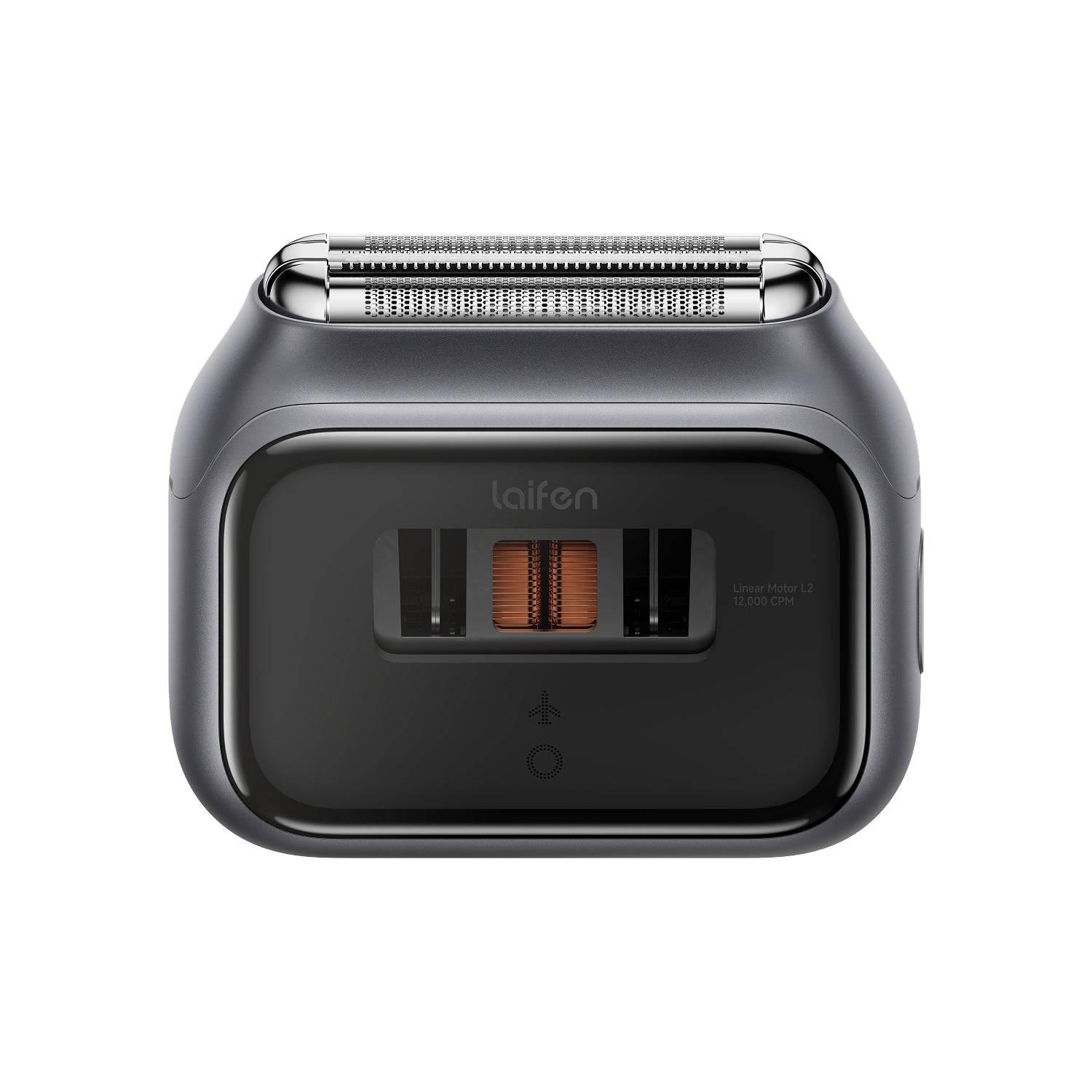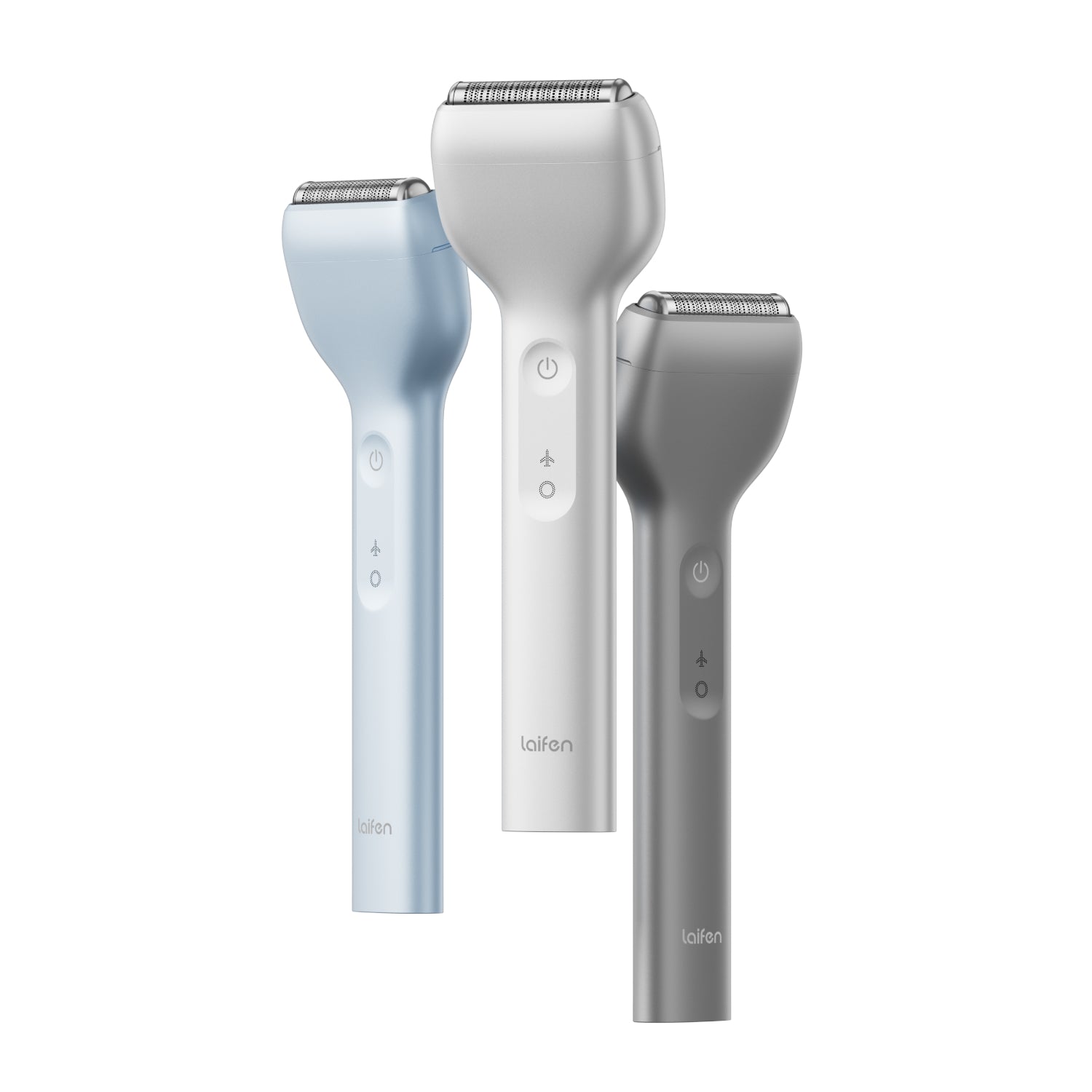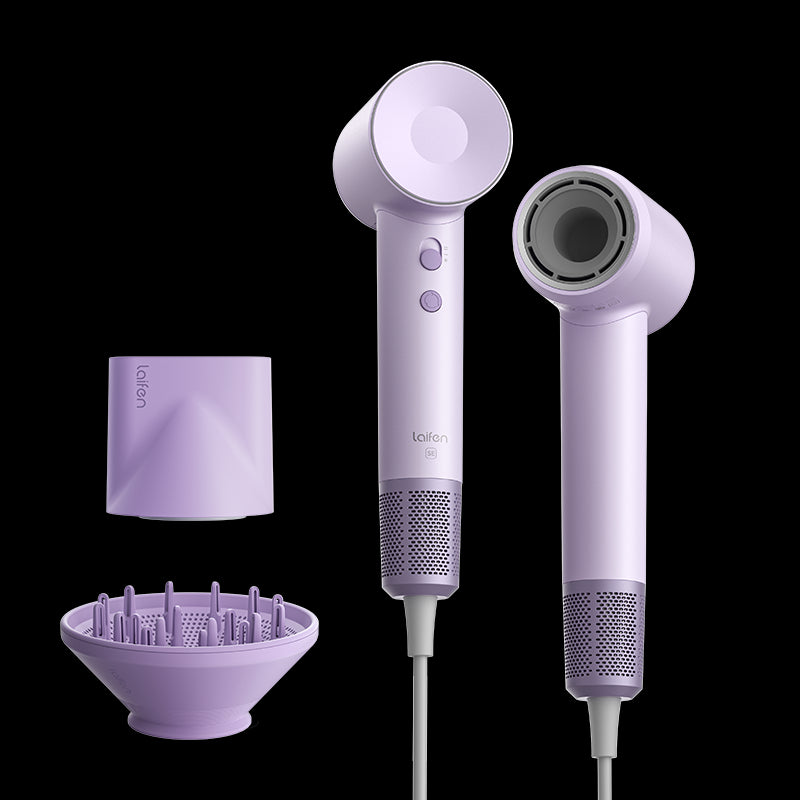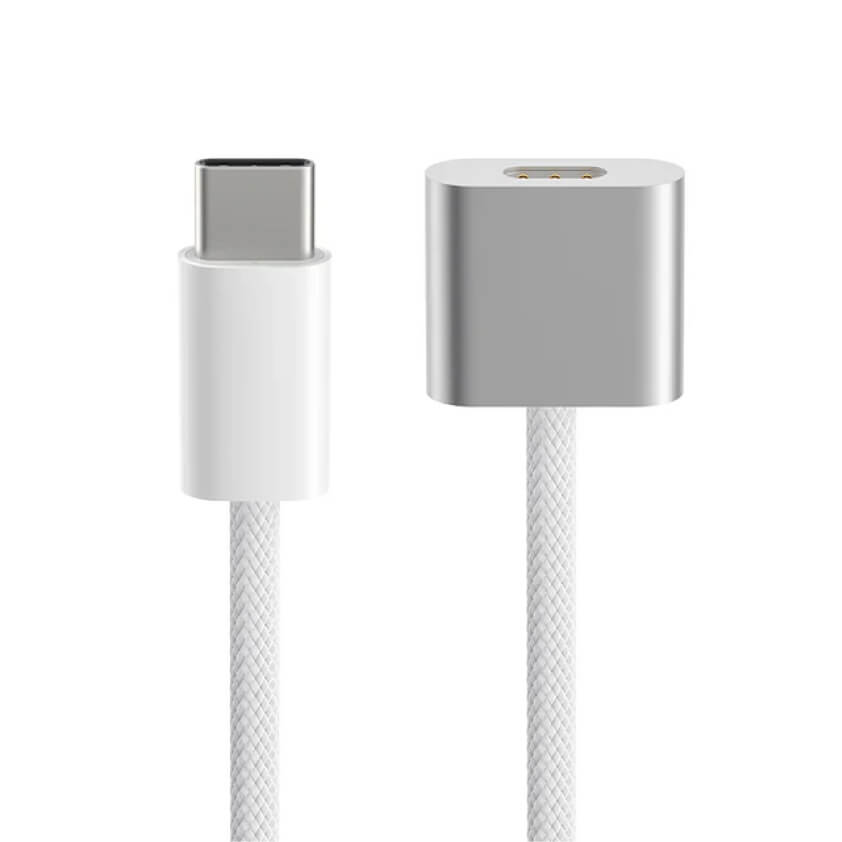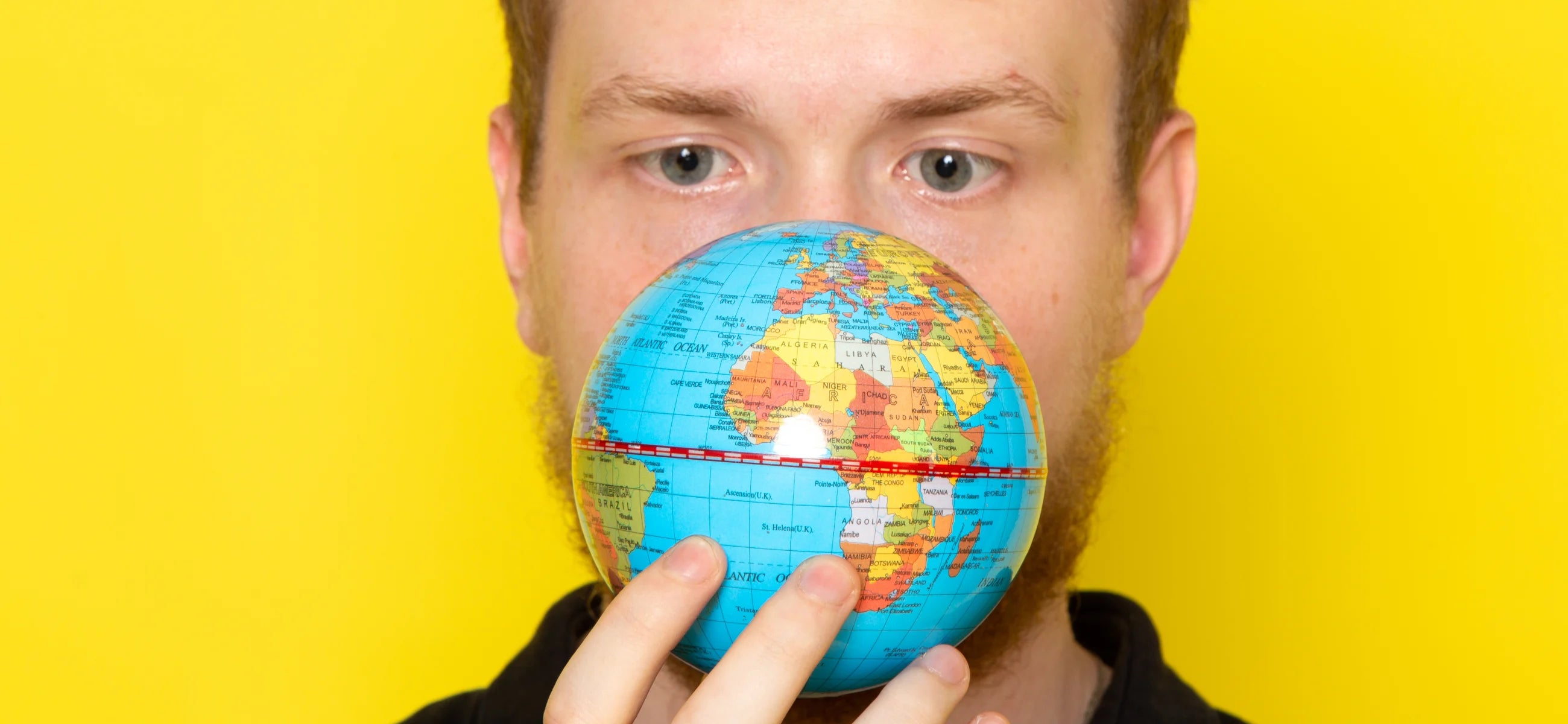
In this article
Lots of people notice that their tongue is white from time to time, and it's not necessarily something that you need to worry about.
For most people, it's an issue with bacteria on the tongue and can be treated with mouthwash and improved dental hygiene.
But for others, white tongue can be a symptom of an underlying health condition that needs to be checked and treated by a doctor.
So, read on to find out what you need to know about white tongue, what causes it, and how to potentially treat it.
What does it mean when your tongue is white?
If you're wondering - what is the white stuff on my tongue? - you're not alone. In most cases of white tongue, it's a temporary problem that goes away soon after you notice it. However, in some instances, it can be an indication of an underlying health condition.
White tongue is caused by a coating of bacteria and dead cells on your tongue, causing it to look white. If you notice white tongue and use an antibacterial mouthwash, you may resolve the problem.
You may also need to brush your tongue with your electric toothbrush to remove some of the stubborn bacteria that is trapped.
What causes white tongue?
There are numerous potential causes of white tongue, so it's difficult to speculate. Still, any of the following may lead to your tongue being white:
-
Poor general oral hygiene - failing to brush your teeth or forgetting to floss regularly
-
Drinking excessive alcohol (more than one beverage a day)
-
Smoking, vaping, or chewing tobacco
-
Taking some medication or antibiotics
-
Poor diet - not eating enough fruits and vegetables
In treating white tongue and preventing it from happening again, you can address the issues listed above and try to make simple, positive changes that can lead to an improvement in your oral health.
What is white tongue a sign of?
For most people, white tongue is a temporary condition that goes away in a few days or weeks, particularly if you improve your oral hygiene in the short term. However, it can also be a symptom of various underlying conditions.
You may be concerned if white tongue is one of a number of symptoms that you are displaying, rather than noticing a white tongue in isolation. If you think that you might have any of the following conditions, you should speak to a doctor for the best course of treatment:
-
Oral thrush: An infection caused by candida, which is a fungus typically found within your mouth. This can be treated with antibiotics.
-
Leukoplakia: The appearance of white patches or spots in your mouth that is usually caused by excessive alcohol consumption or smoking.
-
Syphilis: This sexually transmitted infection has numerous symptoms, and a white tongue is sometimes one of them.
-
Oral lichen planus: An inflammatory mouth condition that leads to white patches on your tongue and gums. For most people, it is tied to issues stemming from the immune system.
Source: https://my.clevelandclinic.org/health/symptoms/17654-white-tongue
How to treat white tongue?
If you notice that your tongue is white, the first thing to do is improve your oral hygiene. Buy an antibacterial mouthwash and rinse your mouth thoroughly 2-3 times each day. Keep the mouthwash in your mouth for up to 60 seconds to ensure it works well.
This is because most of the time, white tongue is caused by a buildup of food debris or stubborn bacteria, so a quality mouthwash should kill the bacteria that is present.
You can also brush your tongue with a high quality electric toothbrush - such as the Laifen Wave - to help remove some of the stubborn bacteria that may be trapped in your mouth. Again, brush your tongue 2-3 times a day thoroughly and you should notice results.
You can also improve your diet by including more fruits and vegetables in your daily meal plan. What's more, reducing the amount of alcohol that you drink can make a big difference, as can stopping vaping or smoking.
If none of the above steps leads to an improvement, you should contact a doctor to schedule an appointment. Your doctor will then inform you if your white tongue is a symptom of a deep lying condition and which course of treatment is best.
What is the white bump on my tongue?
White bumps on the tongue are slightly different to the condition known as white tongue. In fact, it's fairly common to have small bumps on your tongue, and most people will experience them from time to time.
The bumps on your tongue are known as fungiform papillae and they may become inflamed or enlarged. This may also cause them to appear white or a slightly different color compared to the tongue.
There are so many causes that can lead to a white bump on the tongue, so if they become an issue for you and you would like to get them treated, you should contact a doctor for more information about the best course of action.
Source: https://www.healthline.com/health/dental-and-oral-health/tongue-bumps#mouth-cancer
Conclusion
So, white tongue can be caused by numerous factors, ranging from poor oral hygiene to an underlying health condition. For most people, it's nothing to worry about, and improving your diet, reducing your alcohol or cigarette consumption, and improving your oral hygiene can all make a difference.
But if you think that your white tongue is caused by an infection or an underlying health condition, you should contact your doctor to seek further treatment.

